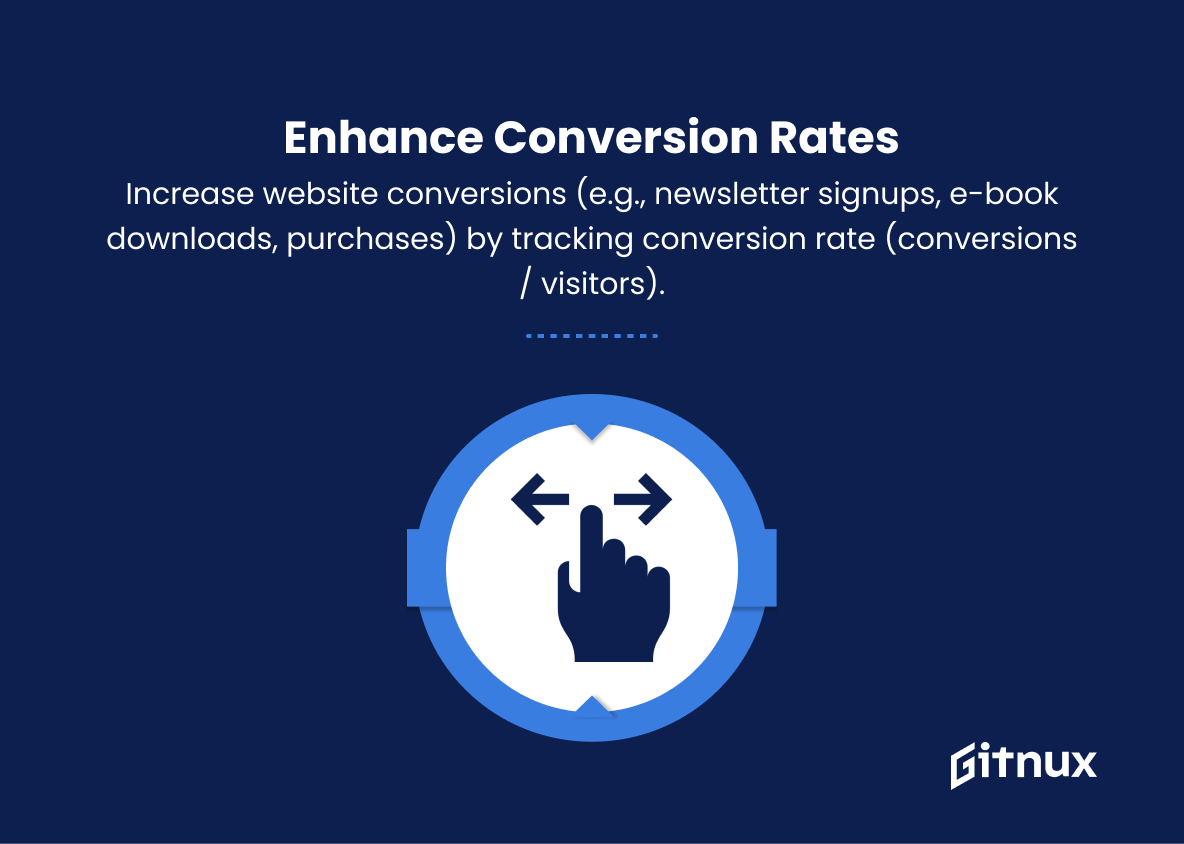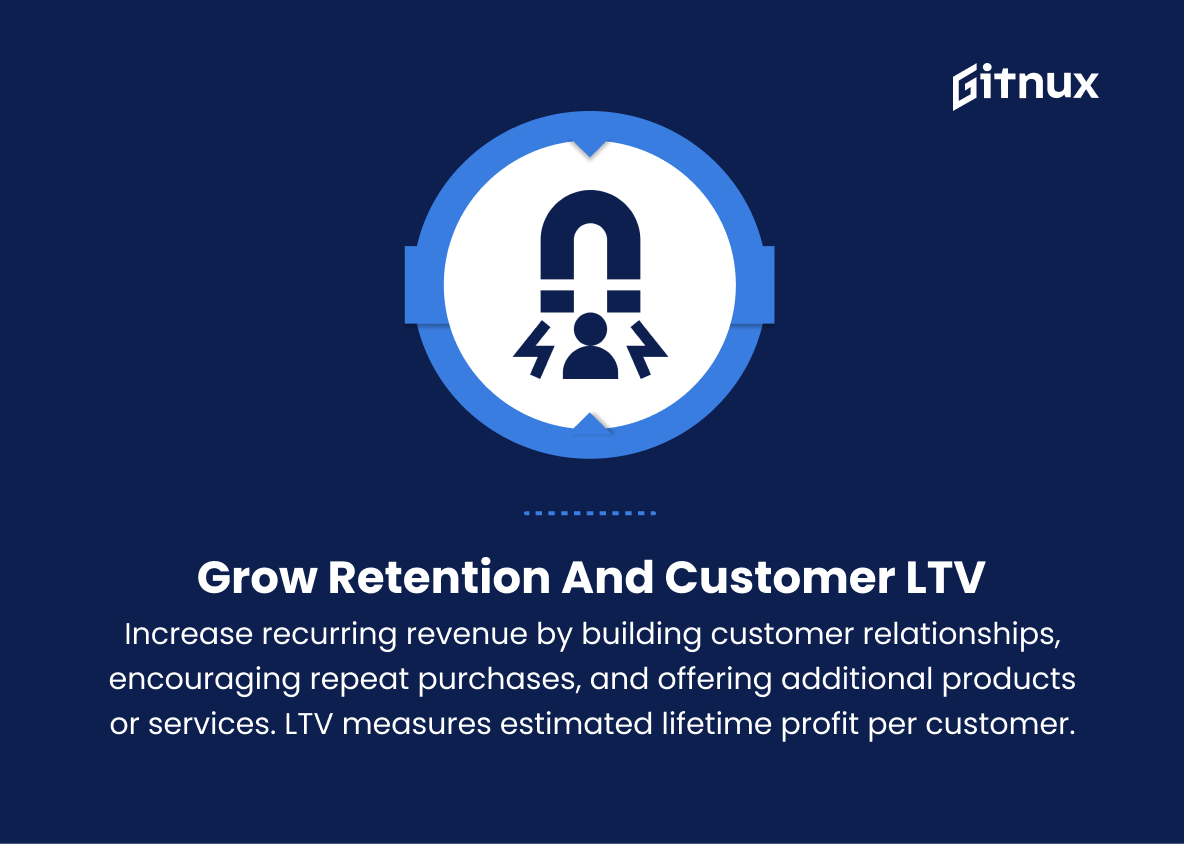In today’s fast-paced, hyper-competitive business landscape, startups face a multitude of challenges in their quest for growth and success. One of the primary concerns for any ambitious startup is the development and execution of effective marketing strategies. Given that resources are often limited in the early stages, it’s crucial for startups to adopt a data-driven and goal-oriented approach to their marketing initiatives.
In this regard, Objectives and Key Results (OKRs) have proven to be an invaluable framework for many organizations, propelling them towards their ambitious targets. In this blog post, we will delve into the essential aspects of Startup Marketing OKRs, discussing their significance, components, benefits, and best practices, all to provide you with a comprehensive understanding of how to leverage OKRs for fueling your startup’s marketing success.
Startup Marketing OKRs You Should Know
1. Increase brand awareness
Aim to enhance the visibility and recognition of your startup among your target audience. This can be measured by tracking social media followers, press mentions, and search engine rankings.
2. Improve website traffic
Strive to increase the number of unique visitors and total page views on your startup’s website, which can be tracked through website analytics platforms such as Google Analytics.
One of the primary concerns for any ambitious startup is the development and execution of effective marketing strategies.3. Boost lead generation
Focus on capturing more qualified leads through various marketing channels like content marketing, social media, and email marketing, and measure it by quantifying the number of new leads generated within a given period.
4. Enhance conversion rates
Aim to increase the percentage of website visitors who take a desired action, such as signing up for a newsletter, downloading an e-book, or making a purchase. This can be quantified as the ratio of conversions to the total number of visitors.
5. Raise customer acquisition
Strive to attract more paying customers through targeted marketing efforts, and track success by monitoring the number of new customers added within a defined period.
6. Decrease customer acquisition cost (CAC)
Focus on lowering the average cost of acquiring a new customer by optimizing marketing channels and targeting more efficient audience segments.
7. Grow retention and customer lifetime value (LTV)
Aim to increase recurring revenue by maintaining strong relationships with customers, encouraging repeat purchases, and offering additional products or services. LTV measures the estimated net profit from each customer over the course of their relationship with your company.
Startup Marketing OKRs matter because they provide a strategic framework for guiding and measuring the marketing efforts of a startup.8. Expand social media engagement
Work to improve the quality and relevance of your social media content, resulting in increased likes, shares, comments, and overall impressions.
9. Optimize email marketing
Enhance the effectiveness of your email marketing campaigns by improving open rates, click-through rates, and conversions.
10. Amplify content marketing performance
Create high-quality, valuable content that attracts and engages users, leading to increased website traffic, improved search engine rankings, and more inbound leads.
11. Strengthen public relations (PR) efforts
Seek increased media coverage and positive press mentions for your startup, which can strengthen your reputation and credibility among potential customers.
12. Enhance user experience (UX) and website usability
Aim to improve website design, navigation, and overall user experience to reduce bounce rates and increase time spent on the site.
13. Measure marketing return on investment (ROI)
Evaluate the efficiency and profitability of marketing efforts by calculating ROI for individual campaigns, channels, and tactics.
14. Increase market share
Work to capture a larger percentage of the total addressable market by outperforming competitors and attracting new customers.
Each of these Startup Marketing OKRs can be broken down further into specific and measurable key results, allowing you to effectively track progress and adjust strategies as needed.
Startup Marketing OKRs Explained
Startup Marketing OKRs matter because they provide a strategic framework for guiding and measuring the marketing efforts of a startup. By focusing on increasing brand awareness, improving website traffic, boosting lead generation, enhancing conversion rates, and raising customer acquisition, startups can effectively grow their audience and expand their customer base.
Additionally, working towards lowering customer acquisition cost, growing retention and customer lifetime value, and optimizing various marketing channels such as email marketing, content marketing, PR efforts, and social media engagement bolsters overall marketing performance, resulting in a higher return on marketing investment.
Finally, placing emphasis on user experience and website usability ensures that startups create a positive and engaging online presence, which in turn promotes customer loyalty and ultimately leads to capturing a larger market share. By regularly tracking and reflecting on these key objectives, startups can constantly refine their marketing approach to achieve greater success in the long term.
Conclusion
In conclusion, implementing Startup Marketing OKRs is essential for any emerging business looking to thrive in today’s competitive landscape. These objectives and key results provide a clear roadmap for development, enabling startups to align their marketing initiatives with overall strategic goals. More importantly, they facilitate better decision-making, improved internal communication, and foster a results-driven culture that focuses on impactful growth.
By identifying and tracking the right metrics, startups can optimize their marketing campaigns, continuously learn from their successes and failures, and build a strong foundation for the future. Start leveraging OKRs today and witness the transformative results they can bring to your marketing efforts and, ultimately, to the success of your startup.














